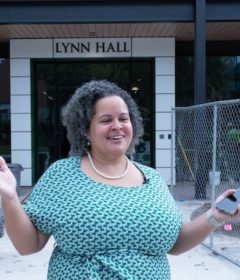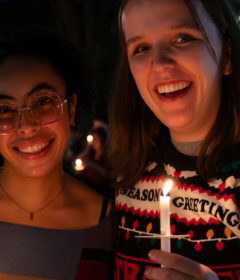The WISE Program Offers Its First FSEM Class
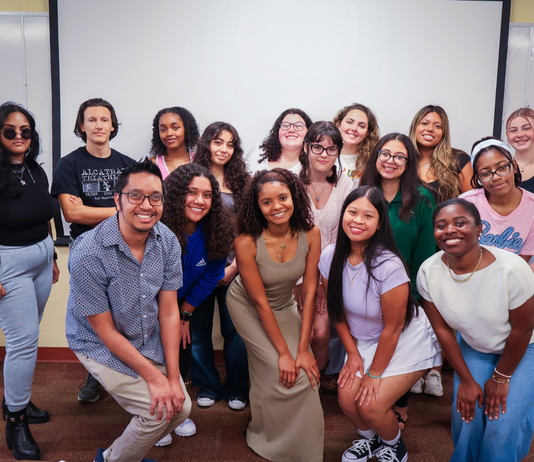

Stetson’s WISE Program offered its first First Year Seminar (FSEM) this fall semester. The objective? To tailor a FSEM class dedicated only to first-generation students.
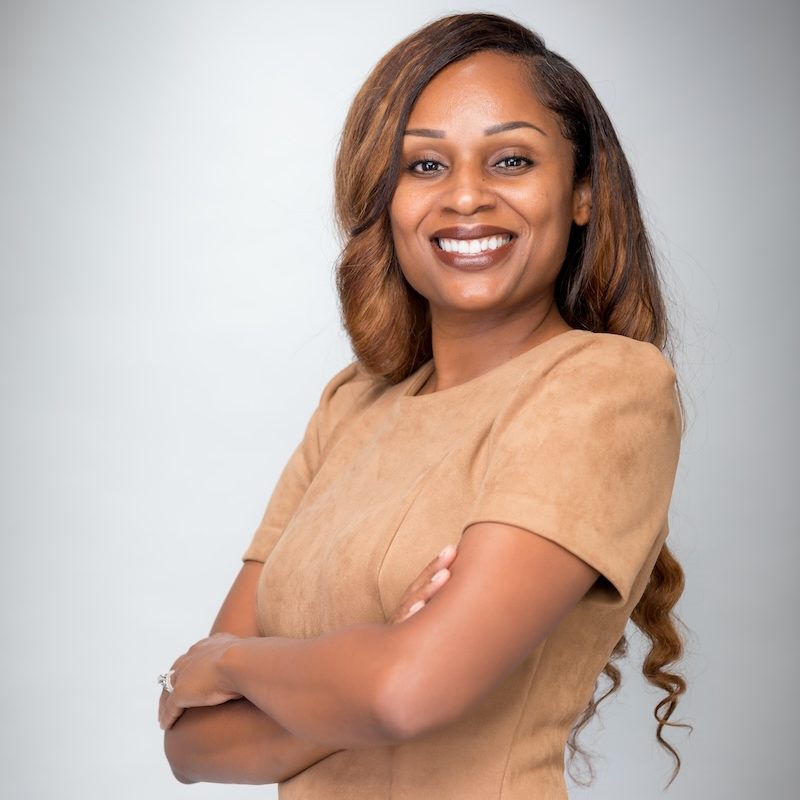
“We wanted to make sure that we just provided one more piece of support for these students,” said Erin Doggette, PhD, director of the Office of Diversity and Inclusion. “We wanted to make sure these students are not left behind. We wanted to make sure we are providing a safe space where the gaps don’t exist and where we can continue to keep them as a cohort where they can have access to all the touch points that are impacting their journey at the university level.”
A concept that had been in the works prior to Doggette’s arrival to Stetson earlier this year, the first WISE FSEM class was approved soon after she set foot on campus. Taught by Jeremy Posadas, PhD, the course aims to expose first-generation students to the idea of what it takes to be successful in college and beyond the classroom.
“It deepens the sense of community because it increases the amount of time the students are working collaboratively with each other, building that sense of shared purpose and shared development,” said Posadas, Hal S. Marchman Chair of Civic and Social Responsibility, and associate professor of Religious Studies and Gender Studies. “But, in addition, it more clearly makes the link between the social and emotional support, and the academic support.”
Complementing the WISE Program
Contrary to other FSEM classes, which offer a dedicated space and time to discuss a topic of interest to the students enrolled, this class works in tandem with the other components offered by the WISE Program: Summer Bridge Week, Peer Mentorship, WISE Advising, WISE Up Wednesdays and the First-Year Success Program.
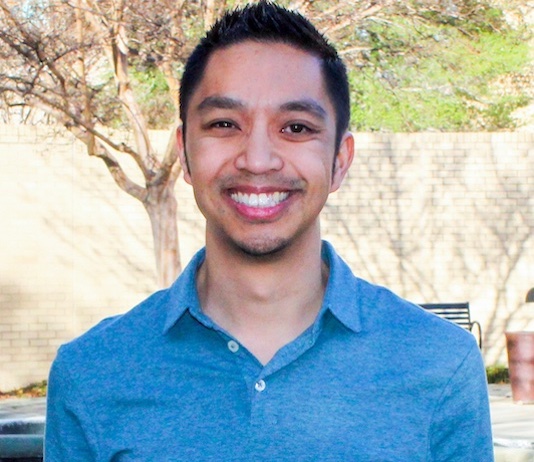
“By integrating the academic component through FSEM with the rest of the program, and the fact we are regular in conversation, it means that we are addressing all the different parts of the students’ development,” Posadas explained. “It also means that if I’m seeing students struggling academically in the FSEM class, I can flag it to the rest of the WISE team. And, if they are aware of a situation a student is going through that could affect what’s going on in the classroom, they can flag it to me.”
So, how is this particular FSEM class tailored to the needs of first-generation students? Through the combination of various key elements — intellectual content, accessibility to students and how societal issues can shape each of their journeys.
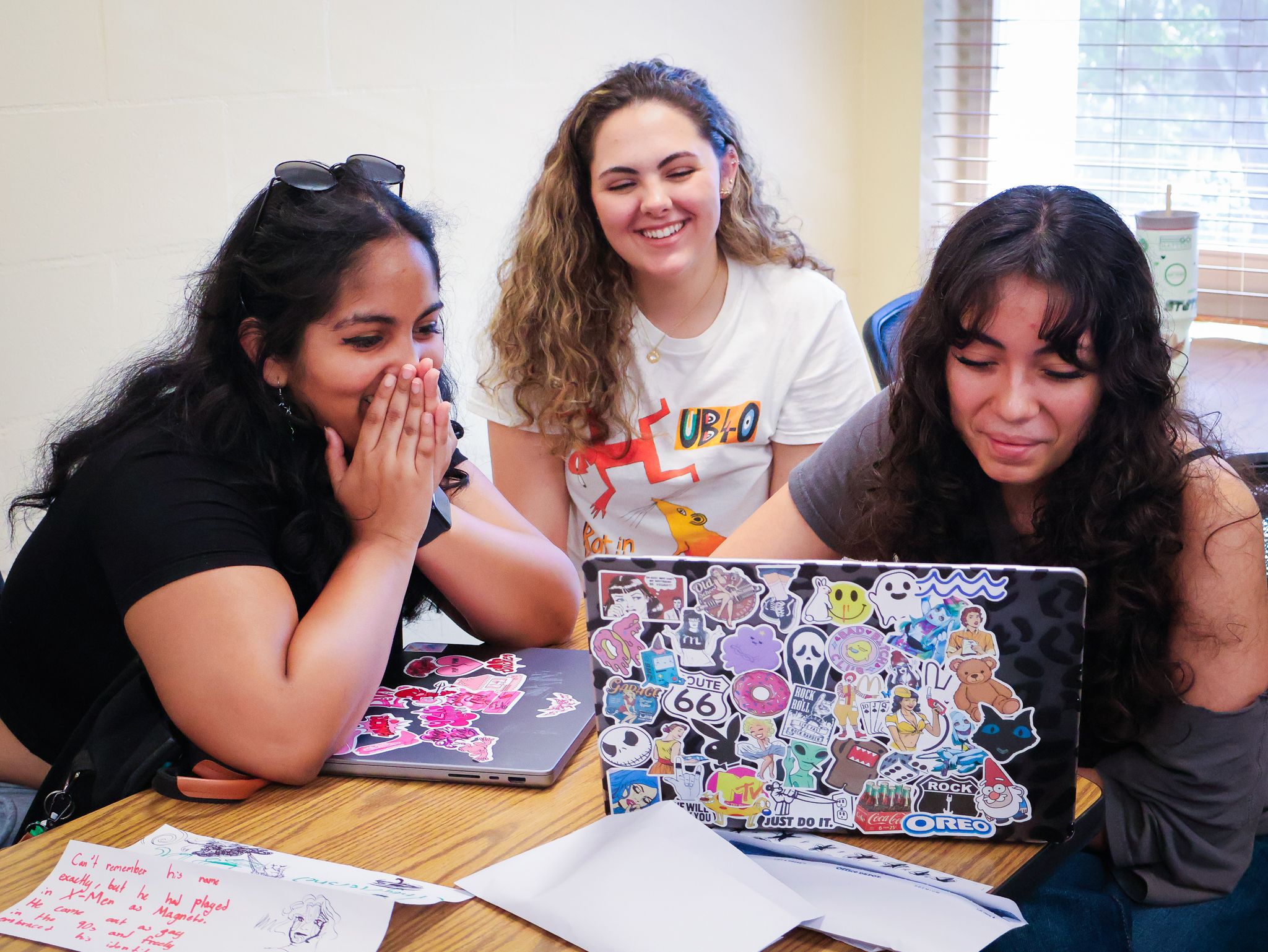
“We have a unit where we study class inequalities and economic inequalities at a structural and society level,” Posadas said. “Then, we transition to talk about the experiences of first-generation students and some of the research on first-generation students. Then, we reflect on how they have created their own path given societal issues. Ultimately, I want students to feel empowered to understand the forces that have shaped their path, but then have a sense of power for where they are going to take their path.”
Beyond the Classroom
But beyond the academic aspect of the class, the FSEM aims to provide first-gen students a sense of community, a family away from home they can lean on to take on the challenges they might encounter through their college experience.
“That’s what we are trying to offer the WISE students in a number of ways, through a number of avenues,” Doggette said. “We might think of another avenue, and like I keep saying, those touch points are always there so that the students don’t slip into that statistical data of ‘we didn’t retain them; they are gone.’”
– Andrea Mujica

